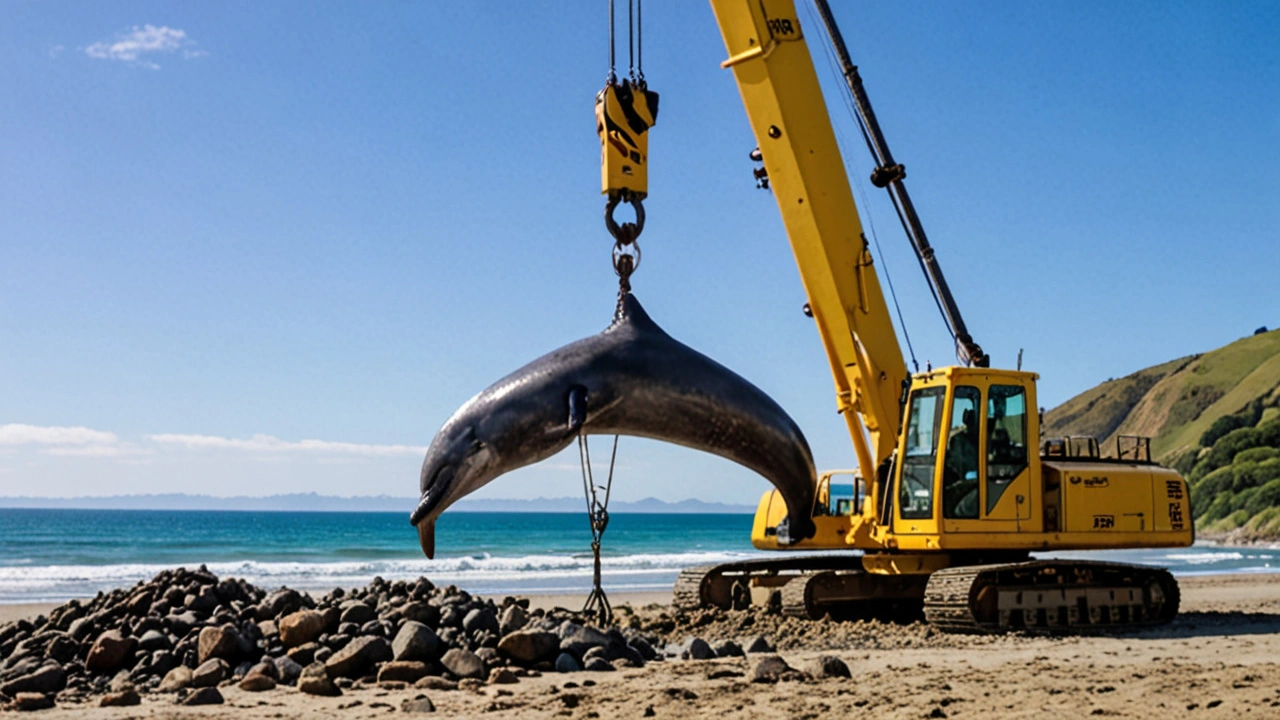Rare Species in South Africa: Why They Matter and How We Can Help
South Africa is home to some truly rare and unique species found nowhere else on Earth. These animals often face threats like habitat loss and climate change, making their protection more important than ever. Ever heard of the pangolin or the riverine rabbit? These creatures are rare gems in our natural world.
Understanding why these species are rare helps us appreciate their role in nature and the urgency behind conserving them. For example, the pangolin, sometimes called the 'scaly anteater,' is one of the most trafficked mammals worldwide. Protecting it means securing balance in local ecosystems.
How Conservation Efforts Make a Difference
Conservation groups in South Africa focus on monitoring populations, curbing illegal hunting, and restoring habitats. Simple actions like supporting local reserves or spreading awareness contribute big time. Citizens and tourists can also help by respecting wildlife spaces and avoiding products made from endangered animals.
Technology plays a big role too—tracking devices and drones help scientists keep a close eye on rare species without disturbing them. This data drives smarter decisions in how to protect these animals and their homes.
What You Can Do Today
Curious about how you personally can help? Start by learning about which species are native and rare in your area. Support conservation by visiting responsible parks or donating to trusted organizations. Share stories about rare species to inspire others to care as well.
Rare species might seem distant or small in number, but their survival is key to keeping South Africa’s natural beauty intact. By paying attention and taking action, we all become part of the solution to protect these special animals for generations to come.
Rare Spade-Toothed Whale Found on New Zealand Beach Offers Unprecedented Insights
A rare spade-toothed whale was recently discovered dead on a New Zealand beach, sparking significant scientific interest. Identified by distinct features and currently stored for DNA analysis, this finding provides a rare chance to study this elusive species. The species, rarely sighted alive, holds cultural significance for the Māori community.
Read More
